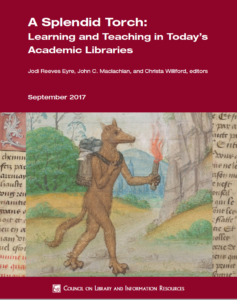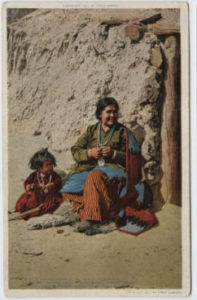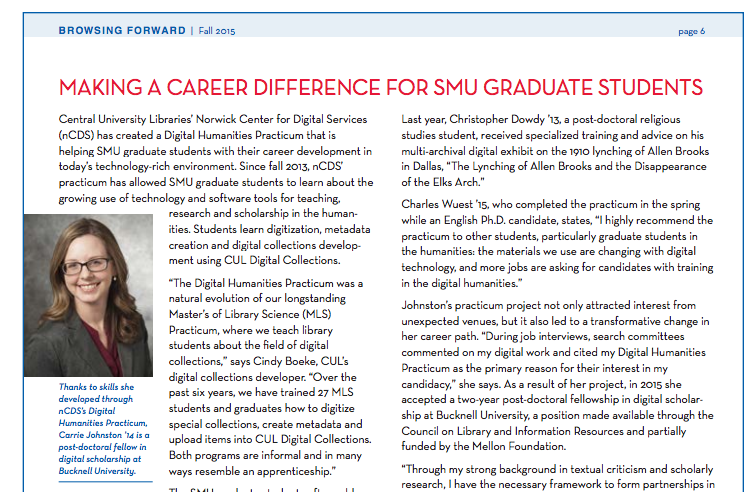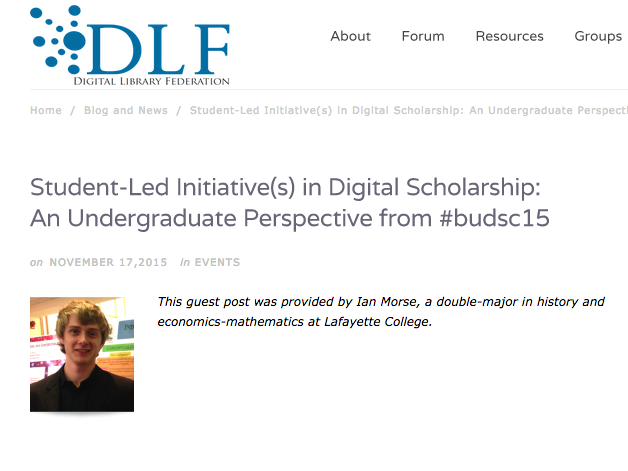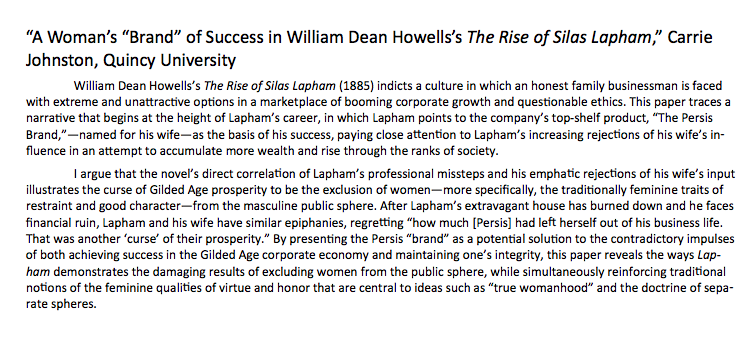As I work on my book, I’m constantly reminded of the people that got the project off the ground. Unfortunately, the acknowledgements page in which I thanked these good folks is locked away in my embargoed dissertation. Here’s my digital solution to giving credit to all of my supportive and brilliant collaborators in a more public way. Thanks, everyone.
Acknowledgements, “Waiting, Writing, and Working Women of the Southwest”
Writing a dissertation is a group project. I am deeply grateful to those who gave so selflessly of their time to ensure the success of “Working, Waiting, and Writing Women of the Southwest.” My dissertation committee deserves thanks, praise, and lifelong indebtedness for the hours they spent working with me to brainstorm, draft, revise, and edit this dissertation. Many thanks to Dennis Foster who had faith in me, especially when I did not deserve it, and whose patience and insight saved the day at crucial moments. To Rajani Sudan, who asked all the right questions and suggested all the right theorists. Steven Weisenburger gave this project its edge when he suggested I look at the Fred Harvey Company in conjunction with New Mexico’s salon women. Sherry Smith’s research on southwestern writers and artists, plus her long-distance editing and feedback were indispensable at every stage of the project. For all of their extensive knowledge and superhuman editorial skills, I am thankful and humbled.
I had the good fortune of working with SMU’s DeGolyer Library and the Norwick Digital Center to create a digital humanities project, “Fred Harvey Co. Materials from the DeGolyer Library.” Sincere thanks to Cindy Boeke and the staff at the Digital Center, as well as Russell Martin and Pamalla Anderson at the DeGolyer Library for partnering with me to make Fred Harvey materials available online. In addition, archival work outside of SMU was made possible by SMU’s Clements Center for Southwestern Studies, the Charles Redd Center for Western Studies at Brigham Young University, and the South Central Modern Language Association.
There are countless people whose patience and support made this project a success. I am lucky to have ended up in such a collegial department for my graduate studies, and wish to thank Nina Schwartz and the English faculty for constant support. I am grateful to my cohort, Micah Robbins, Megan Schott, Fred Siegmund, and Michael Pueppke for their humor and good-natured feedback that made it possible to stay afloat during six long years of graduate school. With both nostalgia and thanks to Michael Anderson and Kelly Scanlon for the countless neighborly deeds—too many to list here. My family at Veritas, Brooks Anderson, Bradley Anderson, Fernando Garcia, Eddie Eakin, and Benjamin Verdooren, who were part of my writing process, although they may not have known it. Also to Tara Bixby, Brooke and Patrick Conley, Julia Callaway and Joe Madden, Paula and Noble Feldman, Joyce Nelson, Elizabeth and Brad Parsons, Elizabeth and Jeremy Hummert, Sarah Frances Scarborough, Minou and Alvin Olson, Kasey and Greg Thomason, and Leigh Anne West for your support, despite my extremely long absences in person and on the phone. I am grateful to my family, Terri and Roy Bailey; Paul Johnston; and Leah, Adam, and Amelia Payne, for being excited about absolutely everything, even when none of this made sense (which was quite often). And finally, to Charles Wuest, who makes me smart. Sincere thanks and love to you all.
